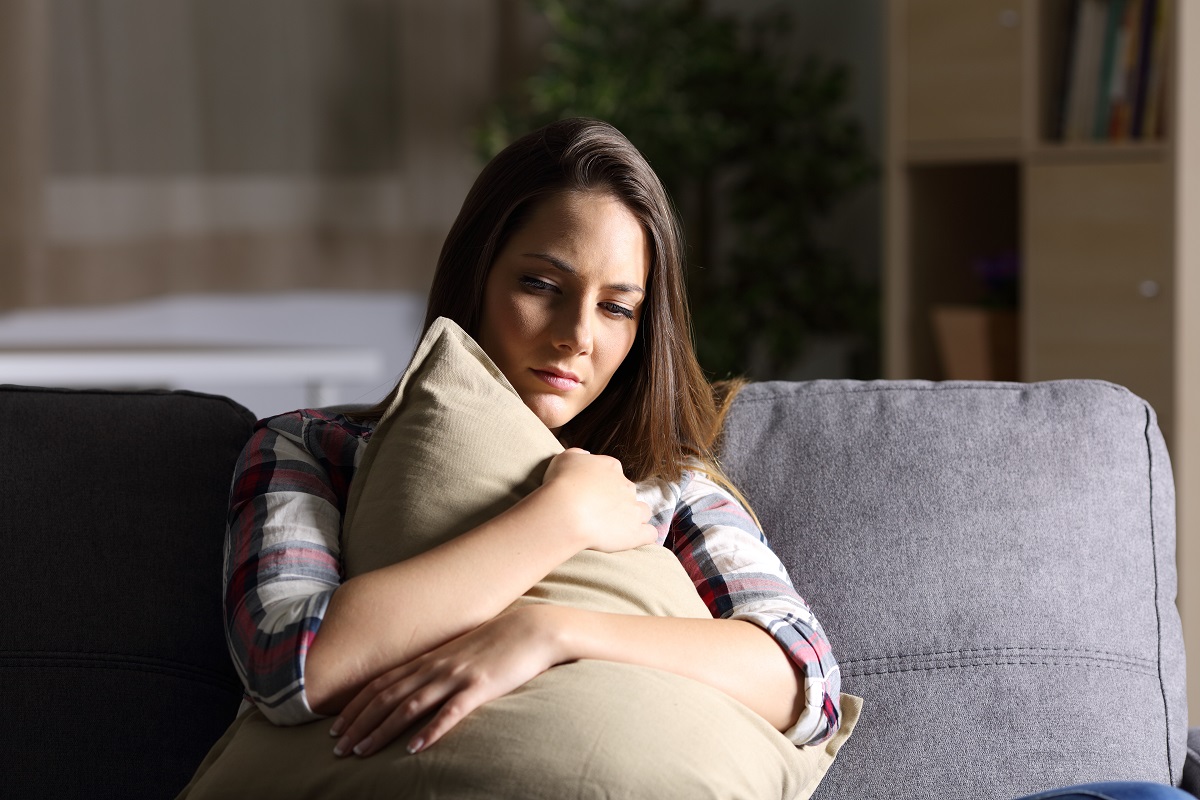It has long been believed that having a glass of wine or a pint of beer can calm your nerves. Alcohol, they said, can help you unwind after a long day at work. It gives you the courage to dance in front of strangers or confess your feelings to a friend you have had a crush on for years.
Drinking is being wrongly touted as a solution, albeit temporarily, to anxiety. However, drinking, especially long-term and excessive, is not only bad for one’s physical health, but it is also detrimental to the mind. Instead of a cure, drinking will exacerbate your anxiety.
Coping with anxiety using alcohol may lead to alcoholism, a dangerous addiction that you will find extremely difficult to escape from. People who try to stop drinking experience severe withdrawal symptoms that prevents them from moving toward the path of sobriety. Many end up having to go to a rehab or a sobriety living facility to manage ailments that come with alcohol detox and to teach their bodies not to crave the feeling of being inebriated.
How does alcohol make anxiety so much worse?
Social Anxiety and Alcohol Dependence
A lot of people do not enjoy going to parties and meeting new people. It is completely natural to prefer staying inside on a Friday night, reading a book, or watching a movie, rather than dance in a packed club.
Some, however, find social interactions unbearable.
The condition is called social anxiety, and it is very common. Those who have it might not know that they have it. Often, the condition is mistagged as typical shyness.
Those who have social anxiety but are not getting treatment for it are at risk of alcoholism. Many people drink alcohol to make themselves more sociable at a party. They end up being dependent on alcohol.
According to estimates, about 20% of people with social anxiety also have alcohol dependence.

Alcohol and PTSD
You may not notice it but, over time, drinking excessively can completely change the way your brain works.
Previous research has found evidence that heavy alcohol use makes it harder for a patient to recover from a traumatic event. PTSD (post-traumatic disorder) is an anxiety disorder experienced by those who have gone through a terrifying experience. Alcoholics are at a greater risk of experiencing PTSD, not just because of the higher possibility of becoming a victim of violence or accidents while inebriated, but because the brain no longer has the ability to recognize that the patient is no longer in a dangerous situation.
Anxiety as a Symptom of Alcoholism
Alcoholism can make anxiety worse, but anxiety could also be a sign of alcoholism.
Long-term use of alcohol leads to dependence which presents several other physical and mental symptoms. That includes anxiety.
When you stop drinking after bingeing for so long, you may experience one or all of these symptoms: sweating, increased heart rate, trembling hands, nausea and vomiting, seizures, and hallucinations. Experiencing these symptoms will aggravate anxiety.
Alcohol is not and should not be treated as a cure for any form of anxiety. If you want to address a mental condition, you can do so successfully by seeing a mental health professional who will prescribe you the appropriate treatment. You may take medication as directed by a psychiatrist or go through behavioral changes under a psychologist. However, drinking is not an answer. Alcohol will make your problem so much worse so, before you finish your bottle of beer or wine or tequila, really think about whether it will help you or ruin your life.



